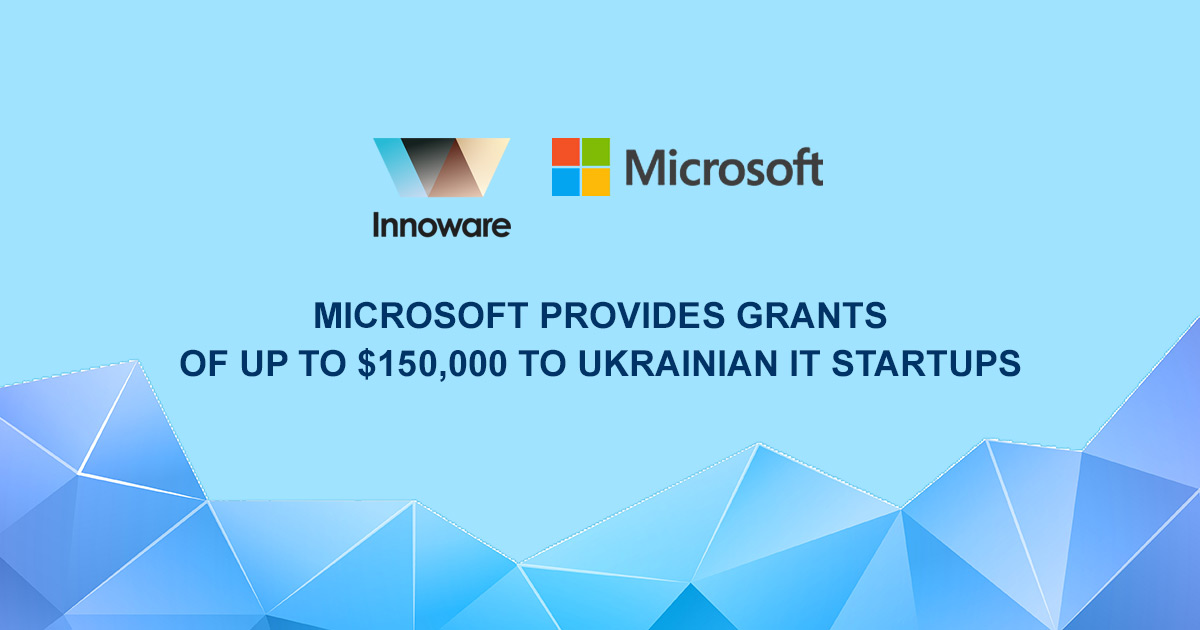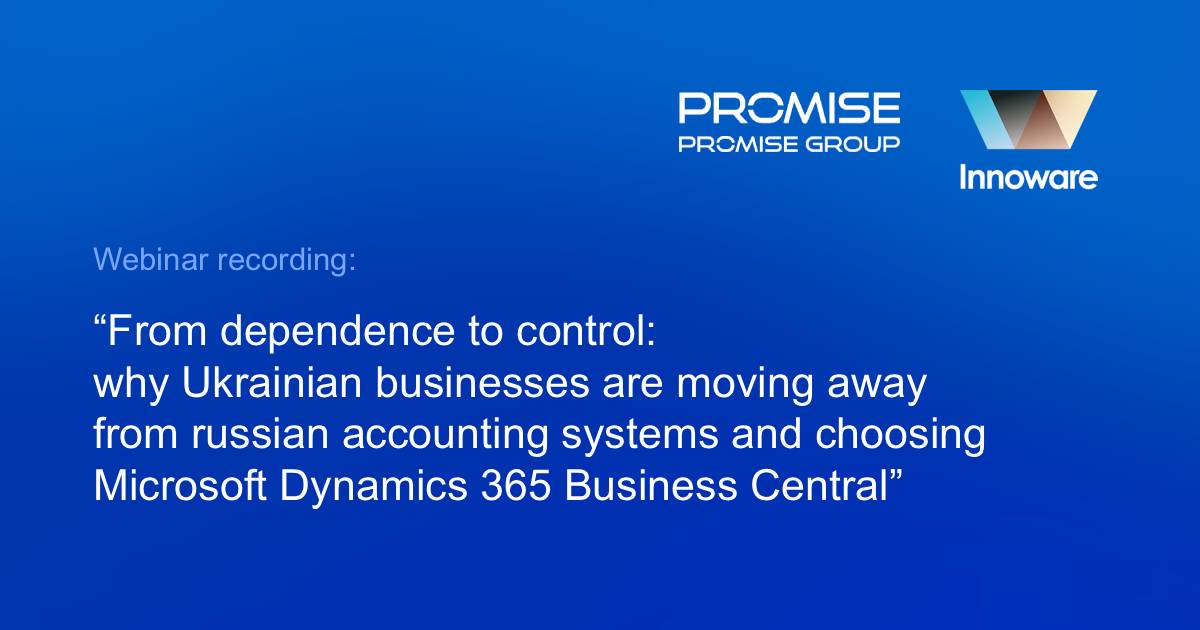
How does artificial intelligence affect Ukrainian ERP market? Dmytro Popinako in an interview for Computer Review
August 2025
Ukrainian ERP market is going through active transformation under the influence of the full-scale invasion of the russian aggressor and the rapid development of new technologies. In an interview for Computer Review, Dmytro Popinako, CEO of Innoware, spoke about the key trends shaping the current ERP market in Ukraine, explained how artificial intelligence can be useful for domestic companies and outlined the prospects for Ukrainian accounting systems market in the coming years.
What trends define the development of Ukrainian ERP market?
The key trend that currently determines the development of Ukrainian ERP market is the full-scale invasion of our country by the russian aggressor. It has weakened the monopoly of hostile software used by many domestic companies. Soon, we will see whether it will be possible to take advantage of this moment to finally get rid of dependence on russian solutions. Overall, society has become more aware of the risks associated with using such software.
On July 18, 2025, bill No. 13505 «On the Prohibition of the Use and Distribution of Hostile Software Products and Hostile Information Technologies» was registered in the Verkhovna Rada of Ukraine. The bill aims to establish legislative regulation of the possibility of introducing a ban on the use and distribution of software products and information technologies, the use of which may pose a threat to the national security of Ukraine. If the bill is ratified, Ukrainian enterprises will be forced to abandon 1C/BAS and migrate to national or international ERP solutions.
What industries does your company focus on implementing clients’ projects at this moment? What functionality is in highest demand?
Our company does not have an industry-specific focus. Our goal is to help Ukrainian companies quickly and painlessly migrate from russian software to modern and reliable Microsoft Dynamics 365 ERP and CRM solutions.
If we need to highlight specific functionality, we’re currently seeing increased market interest in artificial intelligence and the capabilities it can offer to businesses. Microsoft, for example, is actively developing Copilot – the AI assistant built into its ERP systems, which is already helping Ukrainian companies automate routine tasks, increase employee productivity and improve the quality of decision-making.
How do you see the prospects of Ukrainian ERP market and what factors will influence its development in the coming years?
In my opinion, the prospects for the market largely depend on government actions aimed at eliminating the current monopoly in the accounting systems sector and on how soon the war will end. After the war ends, we can expect an increase in investment in Ukraine’s economy, as the country’s post-war reconstruction will make it attractive to investors. Strengthening Ukraine’s defense capabilities will have a positive impact on all sectors of the economy, while the development of Ukrainian business environment and the creation of new companies will also lead to increased demand for enterprise management systems.
Ukraine’s accession to the European Union is another factor that could shape the development of Ukrainian ERP market. European integration will attract the attention of foreign companies which, when entering Ukrainian market, will prefer familiar international solutions that they already use in other countries. EU membership is also expected to lead to a simplification of accounting requirements, as Ukrainian companies currently must make significantly greater efforts to comply with the still post-Soviet legislation.
I hope that international standards for tax reporting will be adopted – with submissions once a year and using reporting forms aligned with international standards (IFRS) – and that the current practice of artificially restricting the recognition of actual expenses, which effectively inflates companies’ profits to increase corporate income tax, will come to an end.
The original interview is at the link
INNOWARE USA
501 Silverside Rd, Ste 105, # 4995,
Wilmington, Delaware, 19809-1376,
United States
Tel.: +1(302)4672024
E-mail: info@innoware.com
INNOWARE UAE
Premises 407-FZBA 055, 4th Floor, Sheikh Rashid Tower, Dubai World Trade Centre,
Dubai, United Arab Emirates
Tel.: +971588894591
E-mail: info@innoware.ae
INNOWARE UKRAINE
3, Sholudenka St., office 204 (Cubic BC)
Kyiv, Ukraine, 04116
Tel.: +380(44)4902220
E-mail: info@innoware.com


